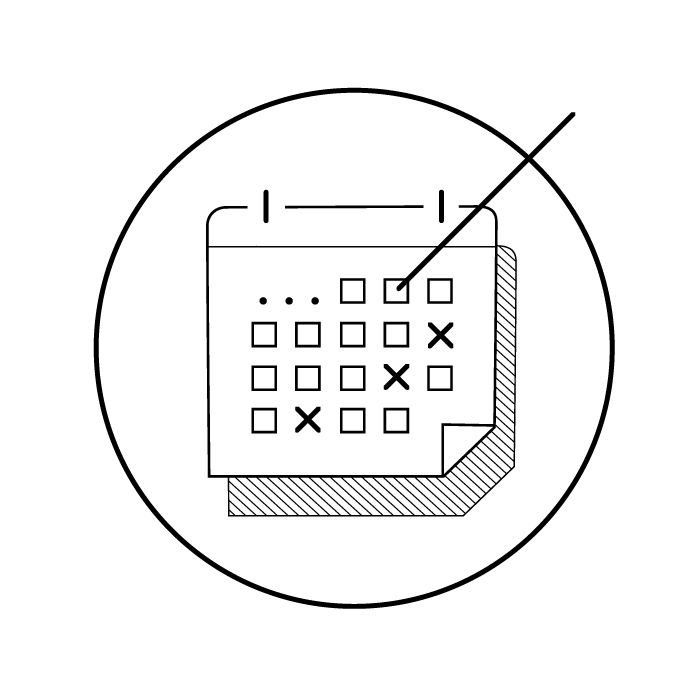 Conference
Conference
Advertising and Marketing in the Early Modern World
(1400-1800)
Workshop
30–31 May 2019
Conveners: Christina Brauner (Tübingen) in cooperation with Michael Schaich (GHIL)
Venue: German Historical Institute London
Workshop jointly organized by the German Historical Institute London, the Institute of Advanced Study at University College London, and the University of Tübingen
Advertising has long been interpreted as a hallmark of modern capitalism. As such, it plays a prominent part in different narratives about the birth of capitalism and the rise of the consumer society, viewed both as an indicator of and a catalyst for economization processes. At the same time, human activities of persuasion and promotion are characterized as a basic anthropological feature that may be traced back to the walls of stone age caves or to the graffiti of Pompeji. Indeed, discourses about advertising’s role in modern capitalism appear to be intimately tied up with different and controversial assumptions about human nature and universal workings of ‘the market’.
Advertising stirs emotions – both intentionally and unintentionally. Advertising scandals play on a calculated break with existing norms and standards whereas the moral ambiguities of persuasion serve to draw boundaries between legitimate and illegitimate economic practices and to put unwelcome competitors beyond the pale. Debates on history of advertising are obviously connected to divergent attitudes towards market economy and verdicts about its inevitable rise or equally inevitable failure.
Such inherent tensions in both popular and scholarly discourse call for a more thorough historicization of advertising, engaging recent attempts at rethinking early modern economic history beyond revolution narratives and ongoing discussions about the role of shopping and retailing in the early modern world. Focusing on the period between 1400 and 1800, the workshop brings together scholars from early modern and medieval history, art history, and literary studies and aims at initiating a more comprehensive debate. To enable such a discussion in broader perspective, it joins case-studies analysing different commodities and different spaces of buying and selling with reflections on historiographical discourses and conceptual interventions.
All students and academic researchers pursuing related interests are very welcome to attend. There is no charge for attendance but due to limited space booking is essential. Please RSVP to Carole Sterckx by 26 May:
Conference programme (PDF file)